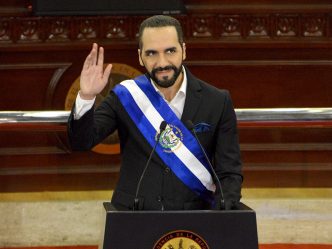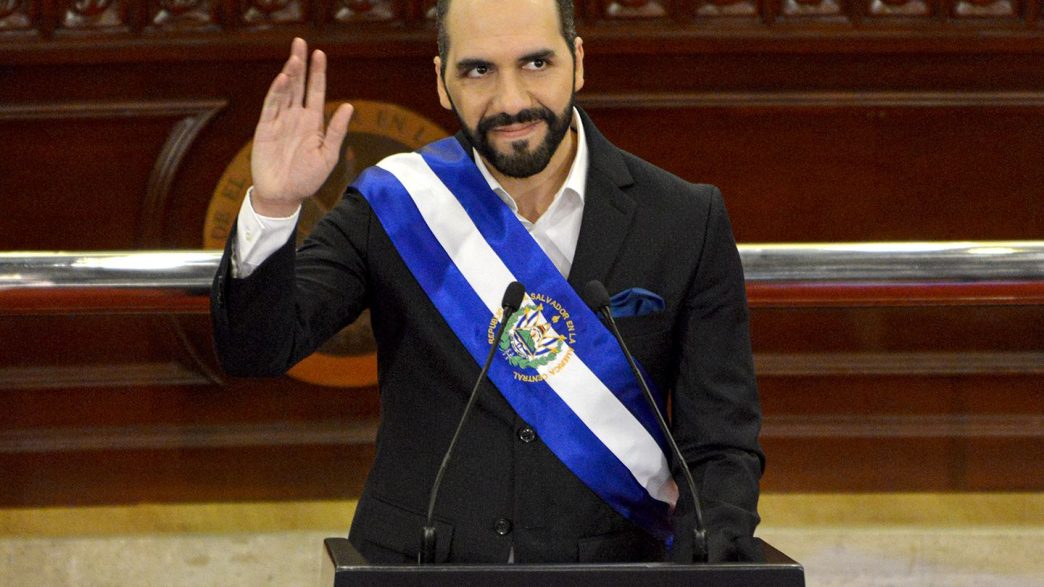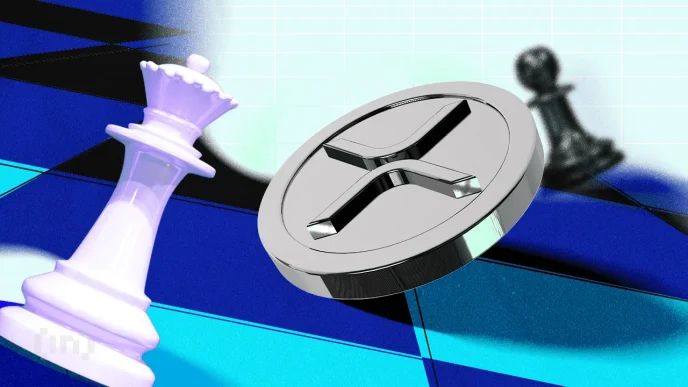El Salvador is in the process of securing a $3.5 billion deal with the International Monetary Fund, but is making some concessions around bitcoin (BTC) to get the funding.
Stacey Herbert, director of the Bitcoin Office in El Salvador, posted on Thursday that the government-issued Chivo wallet — launched in 2021 in a bid to spread bitcoin adoption across the country — will be “sold off or wound down” as part of the deal. Other bitcoin wallets operated by private companies will “continue serving El Salvador,” Herbert said.
The IMF stated on Wednesday that, under the agreement, El Salvador will also make bitcoin acceptance by the private sector voluntary, and that taxes will only be paid in U.S. dollars (not bitcoin). “For the public sector, engagement in bitcoin-related economic activities and transactions in and purchases of bitcoin will be confined,” the document also said, without going into further detail.
Herbert, however, wrote in her post that El Salvador will continue to add bitcoin to its reserves — possibly, even, at an “accelerated pace.” The Central American nation is currently buying one bitcoin per day; at press time, it held 5,968.77 bitcoin, worth almost $596 million. Herbert said that many of El Salvador’s bitcoin-related projects, including the development of bitcoin capital markets and the offering of bitcoin educational programs, will continue to occur. The cryptocurrency’s legal tender status will likewise not be impacted.
The IMF has had misgivings about El Salvador’s bitcoin initiatives ever since President Nayib Bukele made bitcoin legal tender in the country in September 2021, giving it the same status as the U.S. dollar, the nation’s official currency. In 2022, the agency warned that El Salvador was incurring “large risks associated with using Bitcoin as legal tender, especially given the high volatility of its price.”
“The potential risks of the Bitcoin project will be diminished significantly in line with Fund policies,” the IMF stated on Wednesday.
Salvadorans were offered $30 in bitcoin to sign up on Chivo, but national adoption never really took off. By mid-2022, more than 60% of recipients had yet to make a transaction, according to the National Bureau of Economic Research. A survey from the Central American University found in January that 88% of surveyed Salvadorans hadn’t used bitcoin in 2023.
The IMF itself will only provide $1.4 billion as part of the deal with El Salvador. Funds from the World Bank, the Inter-American Development Bank and regional development banks are expected to bring the total amount to $3.5 billion as part of the same program.
Source link
Tom Carreras
https://www.coindesk.com/policy/2024/12/19/el-salvador-to-shut-or-sell-chivo-crypto-wallet-as-part-of-3-5-b-imf-deal
2024-12-19 16:10:39














